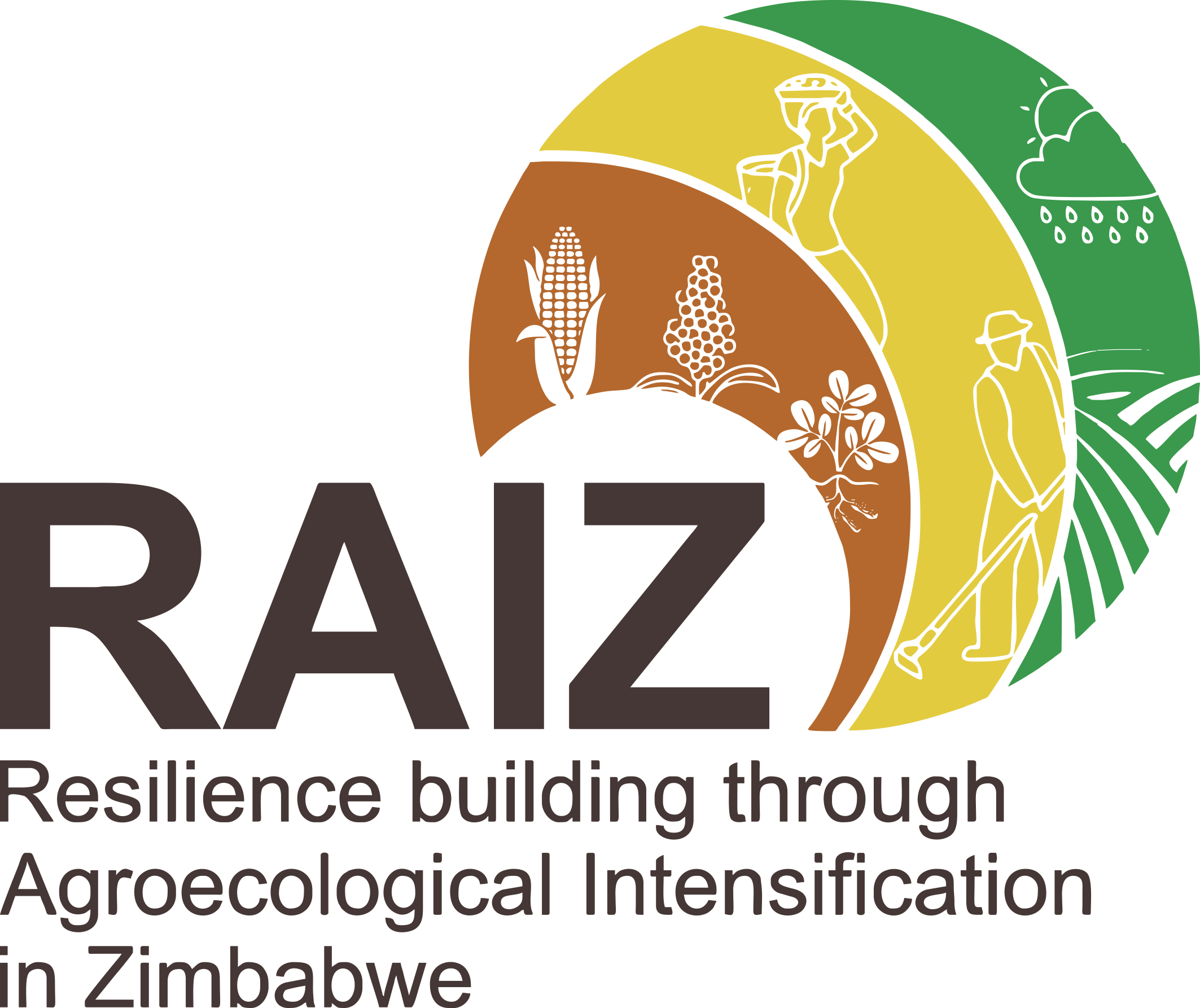Research questions
- What are the key constraints and opportunities along the groundnut value chain?
- How viable is the groundnut value chain at each node?
- How does the value-added vary across different nodes in the value chain?
- What are the institutional and organizational frameworks that govern the value chain?
General context
Smallholder farmers in Zimbabwe are the primary producers of groundnuts, a crop with significant potential for economic growth and poverty reduction. Despite its benefits, the groundnut subsector is currently under performing and faces production and marketing constraints, leading to low productivity and reliance on imports to meet commercial demand. Through a value chain analysis, it is possible to identify opportunities for value addition and upgrading and develop strategies to enhance smallholder farmers’ participation in the value chain and improve their livelihoods.
Importance of the research question
This study examines the groundnut value chain to identify constraints, opportunities, and viability, analyze value addition, and understand governance. This will inform targeted interventions to enhance efficiency, effectiveness, and resilience in the groundnut’s value chain in Murehwa and Mutoko Districts, Zimbabwe.

Reward SONO
Masters Student
Duration
2024
Supervision
Dr. Tarisayi Pedzisa (UZ)
(Co-supervisor) Dr. Simbarashe Tatsvarei (UZ)
Biography
Reward holds a BSc Hons in Agricultural Economics (Agribusiness Management) from the University of Zimbabwe.
